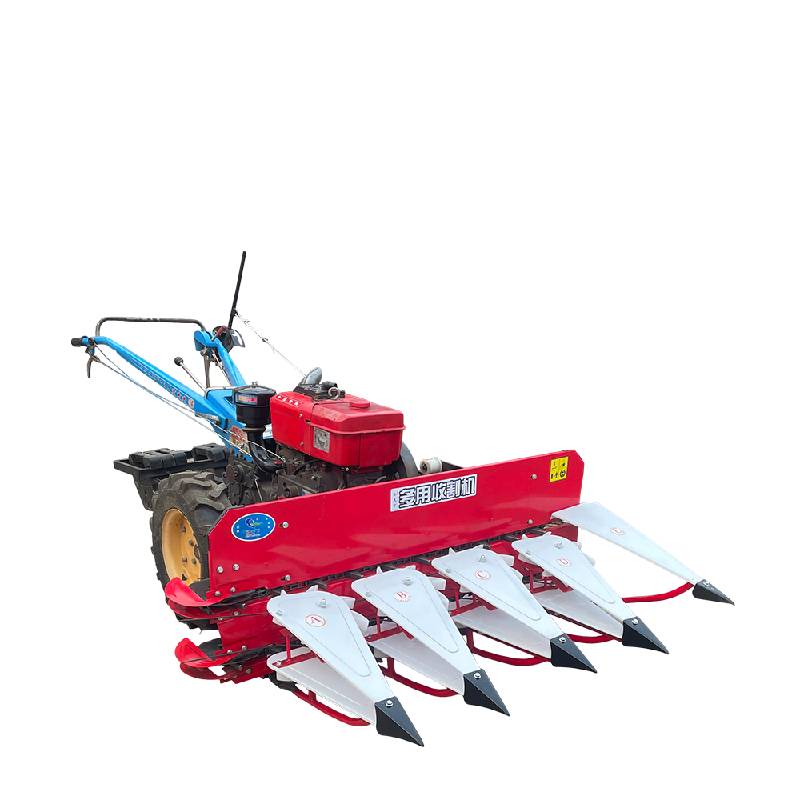The Innovations and Impact of the Wheat Reaper on Agriculture's Modernization and Crop Production
The Revolutionary Impact of the Wheat Reaper on Agriculture
The advent of the wheat reaper marked a significant milestone in agricultural history, profoundly transforming grain harvesting practices and considerably increasing efficiency. Before the invention of the wheat reaper, farmers relied upon manual labor and simple tools to gather their crops, a process that was both time-consuming and labor-intensive. This innovation not only changed how wheat was harvested but also laid the groundwork for modern mechanized farming.
The wheat reaper was pioneered by individuals like Cyrus McCormick in the early 19th century. McCormick’s design, patented in 1834, introduced a horse-drawn machine that mechanized the process of cutting grain. Unlike traditional methods that required a team of laborers with scythes, the reaper could accomplish the same task with a fraction of the workforce, enabling farmers to harvest vast fields in a much shorter timeframe. This efficiency was particularly crucial during harvest seasons when the timely collection of crops was essential to prevent losses due to bad weather or other unforeseen challenges.
The economic implications of the wheat reaper were profound
. With increased efficiency, farmers could cultivate larger fields and increase their production levels while reducing labor costs. This rise in productivity not only maximized profits for individual farmers but also contributed to the overall growth of the agricultural sector. Regions that adopted the wheat reaper saw an expansion in wheat production, which played a significant role in feeding a growing population as industrialization led to urbanization and higher demand for food supplies.wheat reaper

Moreover, the wheat reaper catalyzed a shift in labor dynamics within agriculture. While it initially reduced the need for manual laborers, it also prompted a migration of workers from rural to urban areas, where industrial jobs became available. This movement contributed to the growth of cities and the rise of a working-class population engaged in manufacturing and services, signifying a shift from agrarian economies to more diversified economic structures.
Additionally, the wheat reaper set the stage for future innovations in agricultural machinery. As farming practices evolved, subsequent inventions, like the combine harvester, built upon the principles introduced by the reaper, further streamlining the harvesting process. These advancements have continued to support agricultural growth, addressing the challenges of modern farming, such as labor shortages and the need for sustainable practices.
In a broader context, the introduction of the wheat reaper had global implications. Countries that embraced this technology were able to enhance their food security and stabilize their economies. It facilitated trade, allowing surplus production to be exchanged for other goods, thus integrating local economies into broader national and international markets. The wheat reaper symbolized a leap toward modernization, contributing to a framework for agricultural innovations that would follow.
In conclusion, the wheat reaper stands as a testament to human ingenuity and its power to transform industries. By significantly improving the efficiency of grain harvesting, it not only reshaped agricultural practices but also influenced economic and social structures in profound ways. As modern agriculture continues to evolve with new technologies, the legacy of the wheat reaper serves as a foundation upon which the future of farming is built—one that continually strives to balance productivity, sustainability, and the necessity of feeding a growing global population.
Latest news
-
When to Upgrade Your Old Forage HarvesterNewsJun.05,2025
-
One Forage Harvester for All Your NeedsNewsJun.05,2025
-
Mastering the Grass Reaper MachineNewsJun.05,2025
-
How Small Farms Make Full Use of Wheat ReaperNewsJun.05,2025
-
Harvesting Wheat the Easy Way: Use a Mini Tractor ReaperNewsJun.05,2025
-
Growing Demand for the Mini Tractor Reaper in AsiaNewsJun.05,2025







